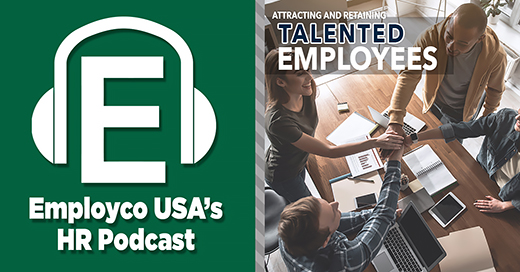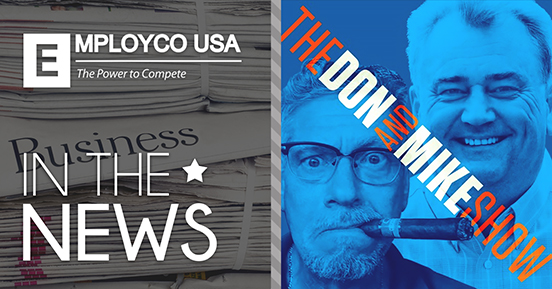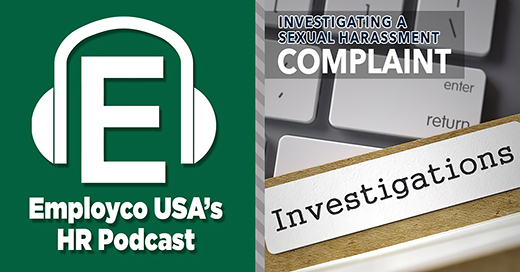Employment trends expert discusses new research and how it could apply to American employees
 Research has shown that the American commute keeps getting longer and longer, with the average worker now traveling 26 minutes to get to their place of employment. No wonder a new survey has found that American workers now say that they should be considered ‘on the clock’ when they are commuting, and that their pay should reflect the time they spend traveling to and from work.
Research has shown that the American commute keeps getting longer and longer, with the average worker now traveling 26 minutes to get to their place of employment. No wonder a new survey has found that American workers now say that they should be considered ‘on the clock’ when they are commuting, and that their pay should reflect the time they spend traveling to and from work.
“According to this new research, when Wi-Fi is available to commuters who are traveling by bus or train, these employees use their devices to accomplish work tasks and prepare for their work day,” says Rob Wilson, employment trends expert and President of Employco USA, a national employment-solutions firm. “As a Chicagoan, I have seen this firsthand, as many hard-working individuals taking the El, the Metra or the bus often log-in and start accomplishing work tasks before they even set foot in the office.”
However, the question is, should employees be compensated for this time they spend working while in transit?
“There are many things we need to consider when it comes to this discussion,” says Wilson. “Is the employee hourly or salary? Is their work being monitored? Will employers be able to verify that work duties are completed during a commute? Is there a higher risk of errors or miscommunications when a person is working on a crowded, bustling train as opposed to sitting quietly in their cubicle? And, if the employee is hourly, what potential impact would compensation present to overtime?”
Wilson says we also need to consider the changing landscape of employment as it relates to technology and remote employees.
“As many job tasks can be accomplished with nothing more than an internet connection and a smartphone or laptop, and as more employees are working remotely, it is not far-fetched to assume that an employee can complete valuable and timely job functions while sitting on the train,” says the employment expert.
However, financial compensation might not be the only benefit to consider.
“If an employee works remotely on the train and thus finishes their tasks early for the day, perhaps it would be beneficial to consider letting workers have flexible schedules,” says Wilson. “In essence, you will be paying employees with more free time, rather than higher pay.”
For more on this topic, please contact Rob Wilson at rwilson@thewilsoncompanies.com.

 As the job market improves, so too does employers’ risk of losing employees. It is estimated that around 60 percent of employees are either actively or passively searching for a new job, or they are being approached by other companies who want to ‘poach’ them for their own team.
As the job market improves, so too does employers’ risk of losing employees. It is estimated that around 60 percent of employees are either actively or passively searching for a new job, or they are being approached by other companies who want to ‘poach’ them for their own team.
 A record number of people are leaving their jobs because they are not happy with their current pay. In fact, nearly half of the employees who recently quit their jobs did so because they wanted a raise.
A record number of people are leaving their jobs because they are not happy with their current pay. In fact, nearly half of the employees who recently quit their jobs did so because they wanted a raise. Overtime continues to be a developing hot button topic in states across the United States, with Washington being the latest state to draft a proposal which would offer overtime to professional workers who earn 1.5 times that of minimum wage.
Overtime continues to be a developing hot button topic in states across the United States, with Washington being the latest state to draft a proposal which would offer overtime to professional workers who earn 1.5 times that of minimum wage.
 A WeWork employee recently came forward to state that she was fired after reporting rampant sexual harassment in her workplace. In her lawsuit, it is alleged that the $20B co-working company spent more on parties than on sexual harassment training, and that a ‘frat-boy culture’ permeated the offices.
A WeWork employee recently came forward to state that she was fired after reporting rampant sexual harassment in her workplace. In her lawsuit, it is alleged that the $20B co-working company spent more on parties than on sexual harassment training, and that a ‘frat-boy culture’ permeated the offices.
 More than
More than  Research has shown that the American commute keeps getting longer and longer, with the average worker
Research has shown that the American commute keeps getting longer and longer, with the average worker